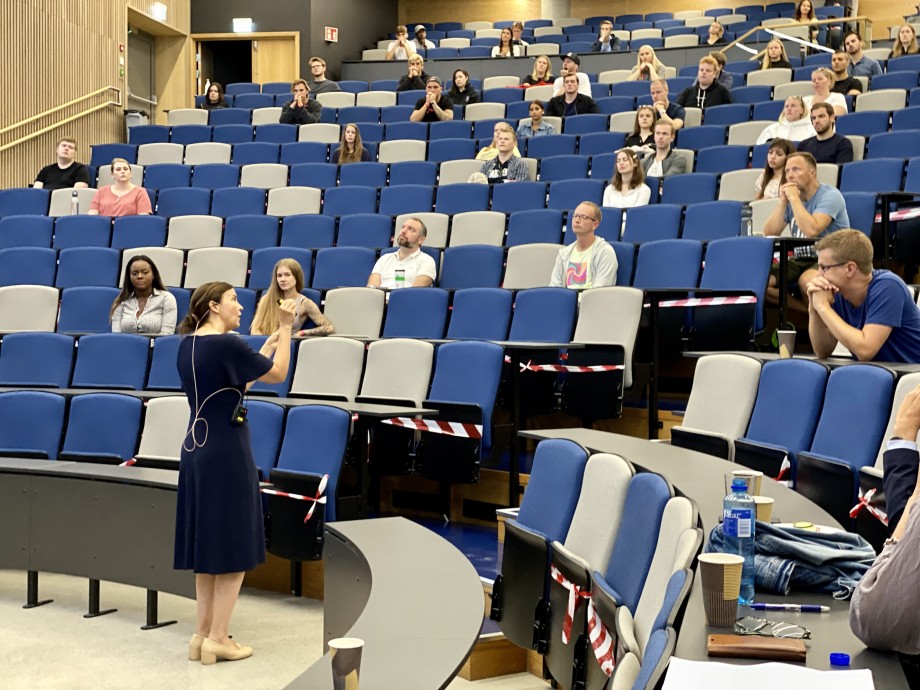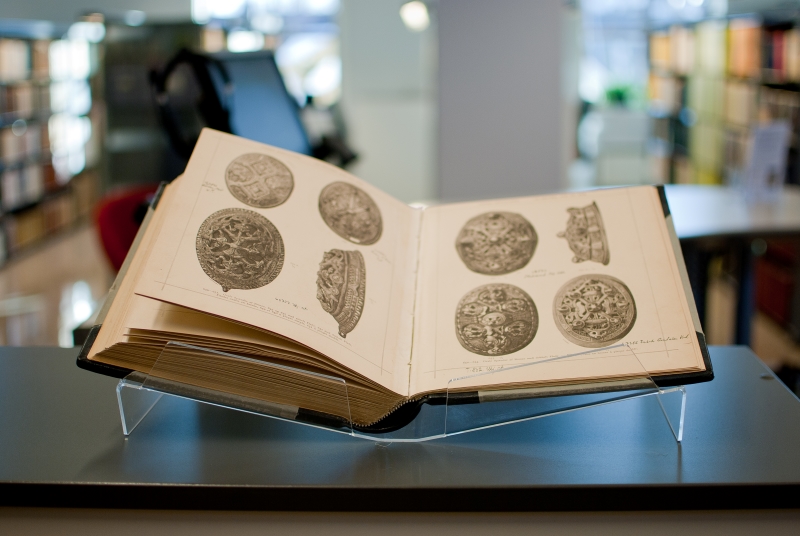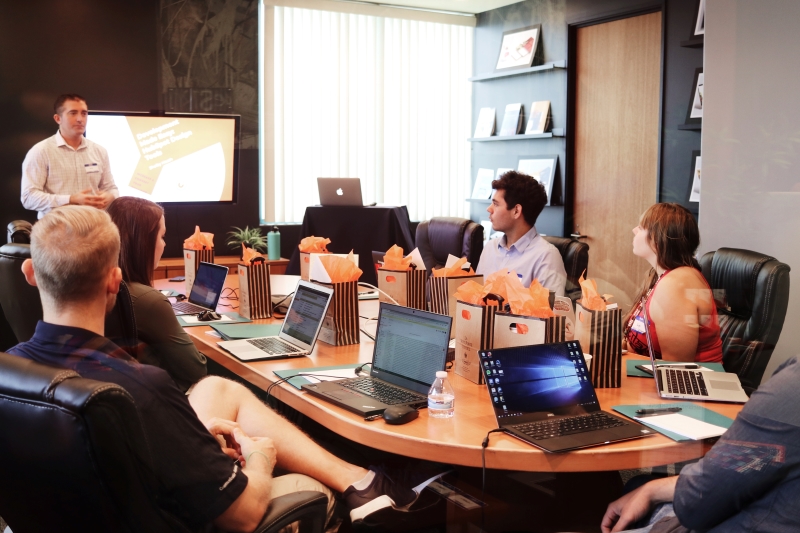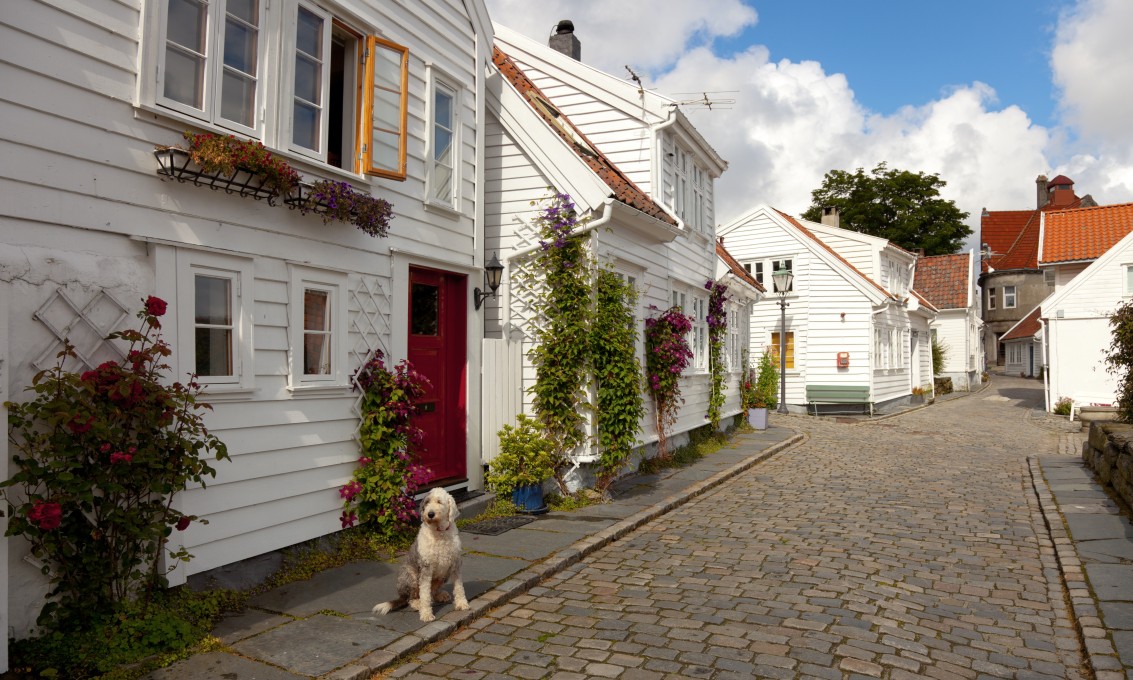The PhD programme in Social Sciences at the University of Stavanger is divided into five research schools: Research School in Economics and Business Administration, Research School in Politics and Society, Research School in Social Work and Welfare, Research School in Archeology and Cultural Heritage studies and Research School in Service Leadership, International Business and Hospitality Management.
The Faculty of Social Sciences UiS School of Business and Law Museum of Archaeology Centre for Gender Studies
Continuously
Admission Requirements: Applicants with a academic background who have completed a five-year Master's degree (3+2) or (4+1). In order to apply for the PhD programme, you must apply for an available PhD vacancy. We do not accept self-funded PhD candidates.
Regulations: The PhD programme is mainly regulated by the Regulation for the degree of Philosophiae Doctor at the UiS level, and the study plan at the faculty level.
New PhD candidate? PhD 1-2-3
PhD supervisor's responsibilities: What happens before, during and after the start up phase?
About the programme
The aim of the education is for the candidates to achieve scientific competence at the highest level and to further develop the candidates’ qualifications for research and other work in their respective fields.
The PhD education is intended to qualify for research of an international standard, and for other work in society where great demands are made to academic insight and analytical thinking. The training includes independent research in the form of an academic thesis of an international standard at a high level. Additionally, the candidate must undergo a training component, providing training in the disciplinary context, methods and theories that provide a disciplinary breadth and depth in their field. The PhD programme also includes training in the dissemination of academic work to colleagues, students and the general public.
Programme structure and requirements
The PhD programme consists of an educational (coursework) component (30 ECTS credits) and a research component comprising the doctoral thesis (150 ECTS credits). The programme is intended to be completed within an effective researcher training period of three years, alternatively four years including mandatory duties (pliktarbeid).
Research School in Economics and Business Administration
The Research School in Economics and Business Administration (ECOBA) educate researchers who study how people and firms behave and interact within and between organizations and markets.

ECOBA builds on the UiS Business School’s Master Programme in Economics and Business Administration, and allow for wide set of research questions related to the broad field of Economics and Business Administration.
Examples are topics related to investment decisions, corporate finance and governance, wage formation and labour markets, environmental, energy and resource economics, motivation and learning, strategic marketing, management and innovation, firm organization and network analysis. Read more at the Research School website.
Leader: Professor Mari Rege
Deputy: Professor Aslaug Mikkelsen
Research School in Politics and Society
The aim of the Research School in Politics and Society (POLSOC) is to create a high quality interdisciplinary research environment at UiS for PhD students whose projects are situated within political science, sociology, organizational-, media-, energy and gender studies.

Today’s social science research is faced with a diversity of transformations. Societies are entering the Anthropocene – where the implications of studying politics, society, media and organizations become prominent.
Climate changes, migration and leadership
Climate change poses challenges for sustainable development goals, globalization and digitalization processes alter the conditions for work, communication, health and infrastructure. Social inequality, migration and rising populism puts pressures on social and political processes, raises new questions about resource allocation, and challenges fundamental social and democratic structures.
Private and public institutions and organizations face new demands in aeas of leadership and innovation. The Research School in Politics and Society provides an interdisciplinary research environment for PhD students aiming to tackle these challenges.
Varied topics
Suitable topics for sociology PhD students are varied, and reflective of the main areas of research among the sociology staff at the UiS, which all circle around a core of cultural sociology in a broad sense. These topics include social class, gender and inequality; culture; migration and ethnic relations; microsociology; digital sociology.
Students may embark on projects of both qualitative and quantitative nature.
The following political science disciplines are covered by the research school: comparative politics, international relations, public administration and management, public policy, political sociology, political theory, and methods.
Societal challenges
Within these broad areas, PhD students will meet an academic staff focusing on topics such as:
Energy and environmental politics and policy, climate policy, sustainability transitions and studies related the UN sustainable development goals (SDGs); public policy at local, regional, national and supranational level; multilevel governance, innovation and reform in the public sector; international organisations and negotiations; interest groups, lobbying and corporatism; public opinion, electoral behaviour and party competition; mediatisation of politics, political communication and political agenda setting.
Media- and journalism concerns the role of media in society at the individual, organizational- and structural level and covers digital journalism studies, social media and technology studies, political communication, media systems and organisations, as well as documentary production.
Topics for organization-and management PhD students include process perspectives, innovation and change, leadership, institutional ethnography, organizational complexity, justifications and legitimacy. The empirical fields span across private, public and volunteer sector.
Centre for Gender Studies conducts research and offers courses on the ways that power and inequality influence society. The Centre’s principal ambition is to engage in interdisciplinary research that critically explores structural inequalities broadly defined, and how they contribute towards maintaining, challenging and stratifying various forms of lives and existences. POLSOC is a collaborative, cross-sectional initiative between The Department of Media and Social Sciences and Centre for Gender Studies. SFK is collaborating with The National Research School for Gender Studies.
Together, the breadth of subject areas covered by the disciplines embedded in the POLSOC research school reflects the wide application of social science research to societal challenges. The POLSOC research school will offer an interdisciplinary home for candidates aiming to answer such challenges, fostering a research environment founded on scientific excellence, sustainability, and innovation.
In addition, a key role for POLSOC is to provide spaces and forums for collaboration, exchange and discussion. The school will continuously strive to attain a high level of psychosocial work environment for everyone as part of a resilient research environment.
Leader: Associate Professor Raul Ferrer Conill
Deputy: Professor Oluf Langhelle
SFK: Professor Lene Myong
Research School in Social Work and Welfare
The Research School in Social Work and Welfare (SWEL) is aiming to promote international research in social change, development, inclusion, social justice, empowerment and the role of the welfare state within these.

The interdisciplinery research school SWEL was launched November 1, 2019. It is a space for early stage researchers working on a doctorate to work as a community of practice with their peers, advisors and other experienced colleagues on projects addressing social problems and challenges in society, development of welfare services and professional practices.
A variety of disciplines
The research school’s candidates have a background in social work and/or other related disciplines, and through their participation in SWEL, collaborate with experienced educators, professionals and researchers from a variety of disciplines such as social work, sociology, pedagogy, psychology, philosophy, social policy, criminology, public health etc.
The research school encourages its members to take an active role in addressing social concerns and injustices both locally, nationally and internationally, and contribute to building a rigorous body of knowledge that makes a different to welfare practices
Advanced research competences
SWEL activities include opportunities to develop advanced research competences through a range of courses and workshops, seminars, formal and informal knowledge exchange opportunities in a collegial and stimulating research environment.
Leader: Professor Ingunn Studsrød
Deputy: Professor Sarah Hean
Research School in Archeology and Cultural Heritage studies
ITEM is a research and training platform for PhD candidates, led by the Museum of Archaeology, University of Stavanger.

The research school is interdisciplinary, and uses material culture, scientific approaches, and landscape studies to explore expressions of identity and lifeways across time and space. We use methods and material from a range of disciplines including archaeology, anthropology, cultural studies, environmental history, conservation, geology, museology, and migration studies.
ITEM offers courses and supervision in interdisciplinary knowledge production and critical thinking on themes such as life and death, inequality and diversity, human-environment interactions, human-animal relationships, technologies, migration and (de-)colonisation. We aim to be a leader in postgraduate researcher training at the national level, and to promote collaboration through mobility and internationalisation, both for Ph.D. candidates and for ITEM faculty members.
Critical, curiosity-driven research
A central theme in ITEM’s approach to doctoral studies is to offer Ph.D. candidates an arena for curiosity-driven research, intellectual discussions, and ethical reflections. We focus on a collaborative relationship between candidates and supervisors, and Ph.D. candidates are expected to play an active role in research activities and their organisation.
The main role of the research school is to ensure the quality of the coursework component of the Ph.D qualification. ITEM offers courses at the doctoral level addressing key theoretical and methodological knowledge, as well as a variety of recent international research trends. Our courses are also open to external Ph.D. candidates.
Some of ITEM’s goals include to promote interdisciplinary collaboration, intellectual exchange, and open discussion, and to create a healthy psychosocial working environment in cooperation with the museum’s other research areas and international networks.
ITEM provides opportunities for knowledge production across disciplinary and institutional boundaries, ensures the integration of candidates in relevant activities at the faculty level, and guarantees high quality through collaboration with external expertise where necessary. ITEM also works in collaboration with the Nordic/Baltic graduate school in archaeology, Dialogues with the Past.
Leader: Associate professor Anja Mansrud
Deputy: Associate professor Marie Kjærnet Ødegaard
Research School in Service Leadership, International Business and Hospitality Management
The Research school in Service Leadership, International Business & Hospitality Management (SLIHM) educates researchers within all aspects central to the service industries in general, and tourism and hospitality in particular.

Our current and future PhD-students conduct research within disciplines like marketing, leadership, international business, service management & innovation, strategy, and managerial decision making, but also specialize in tourism experiences, tourism economics, the digital service economy or hospitality management. In addition, all businesses, industries and public branches within the service sectors are areas of research interest for the school.
Leader: Professor Lars Ingvar Bergkvist
Deputy: Professor Gro Ellen Mathisen
Required educational part
The required educational part of the PhD-programme in Social Sciences.

The educational component can be taken on a rolling basis, but most of it should be taken during the first year of the admission period. The training component will provide the candidate with basic knowledge and training that, together with the thesis, provides the necessary academic breadth and specialisation that is embodied in the description of the objectives and learning outcomes for the PhD programme. The training or educational component includes a total of 30 ECTS credits.
Approval of the educational component
The training component shall normally be conducted after admission or appointment to a PhD fellowship.
All courses taken outside the University of Stavanger must be documented in the form of a certified copy of the course certificate. You should apply for approval of the educational component at least 6 months before you hand in your thesis for evaluation. The PhD Board undertakes the final approval of the educational/ training component.The training component must be approved before the thesis is submitted.
Requirements for documentation can be found under a separate tab on this page. The application should be sent by e-mail to PhD coordinator.
Forms - PhD education
Forms that are necessary for admission and during the PhD education.

For students admitted prior to 2022
For students admitted from 2022 onwards
Regulations, guidelines and instructions for the PhD education
Relevant regulations, guidelines and instructions for the PhD Programme in Social Sciences

PhD courses and seminars
The courses are inter- and multidisciplinary, and candidates enrolled in PhD training outside social science research, for instance, in fields such as humanities and educational sciences, medicine and health sciences are encouraged to apply

Candidates admitted to the PhD Programmes at the University of Stavanger should apply through Studentweb
If there are more applicants than the 15 admission places available, a selection will be made based on an assessment of the relevance of the course for the candidate’s research plan and qualifications in the relation to the objectives of the course. The course leaders carry out the selection process. PhD candidates do not pay the semester fee.
Not a PhD candidate at UIS but want to take one of our PhD Courses?
External PhD candidates or other with required prerequisite knowledge may apply for PhD courses.
If you are a PhD candidate who is not attending a PhD programme at UIS you can apply for admission to PHD courses through the webform.
External applicants should apply for a right to study for a minimum of 4 weeks before the course start date.
PhD program in Social Sciences offers the following PhD courses
Resources and tools
Library resources
Ph.d. on track (literature, references, publishing)
Research ethical guidelines (NESH)
Privacy
UiS Doctoral Community







